安装 Ubuntu
(01)获取 Ubuntu 24.04
Ubuntu 24.04(Noble Numbat): 下载
[1] 从以下网站下载 Ubuntu 24.04(2024 年 4 月 25 日发布,支持至 2034 年 4 月底)。
https://cdimage.ubuntu.com/releases/24.04/release/
为 Ubuntu 24.04(U盘)创建安装介质
将 ISO 映像写入 U盘,为 Ubuntu 24.04 创建安装介质。
如果您在 Windows 上创建它,请参阅以下内容。
[2] 从以下站点下载并安装 [Fedora Media Writer]。
https://github.com/FedoraQt/MediaWriter/releases[3] 将 U 盘连接到计算机。
接下来,运行 Fedora Media Writer 并选择 [select .iso file] 选项。
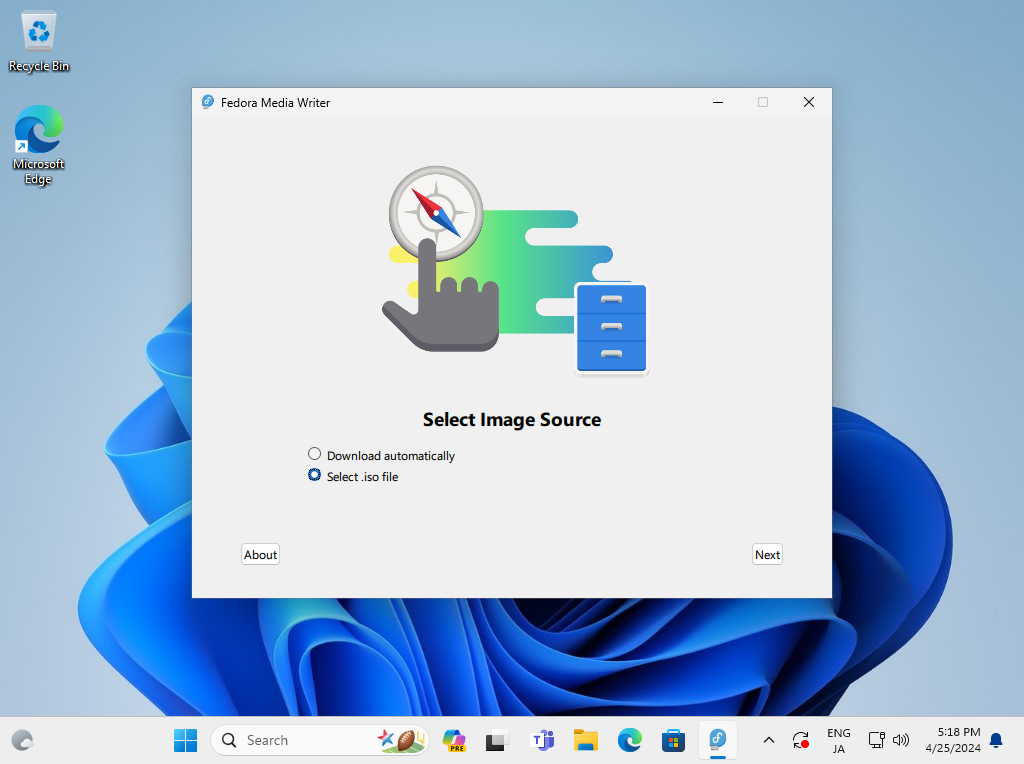
[4] 对于 USB 驱动器部分,选择您要编写 ISO 映像的 U盘。对于文件部分,选择您下载的 ISO 映像。如果可以,请点击 [Write] 按钮开始写入。写入完成后,弹出 U盘并继续安装步骤。

为 Ubuntu 24.04(DVD)创建安装介质
将 ISO 映像写入 DVD 以创建 Ubuntu 24.04 的安装介质。
如果您使用 Windows 10/11 的功能创建它,请参阅以下内容。
[5] 将空 DVD 插入光驱。接下来,右键单击 Fedora 的 ISO 映像,并在菜单中选择 [Burn Disk image]。
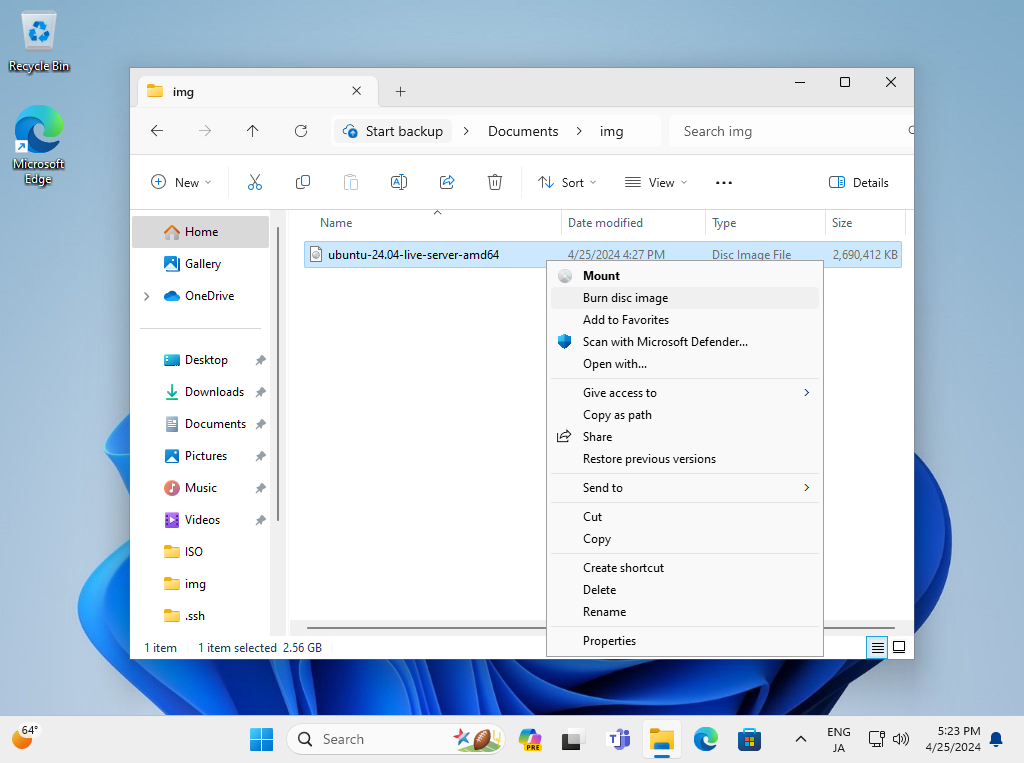
[6] 点击 [Burn] 按钮,开始书写。
写入完成后,弹出磁盘并继续安装步骤。

(02)安装 Ubuntu 24.04
Ubuntu 24.04 LTS:安装
安装 Ubuntu 24.04 服务器。
[1] 插入用于安装 Ubuntu 24.04 的磁盘并重新启动计算机。接下来,选择您的语言并继续下一步。
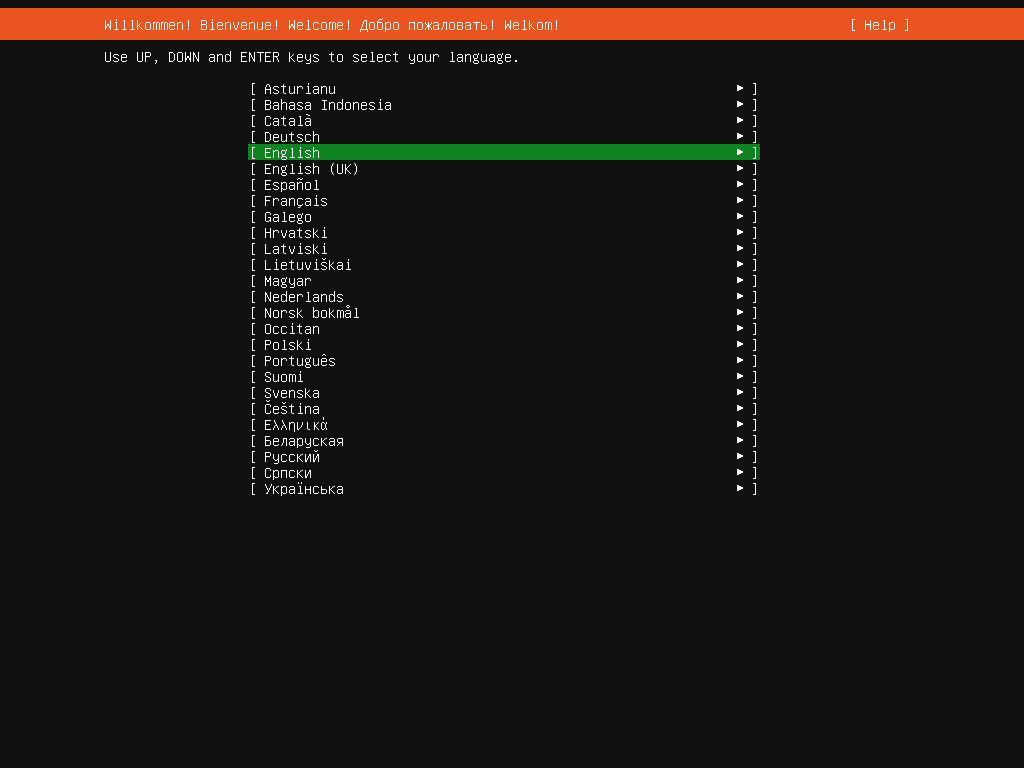
[2] 选择键盘布局。使用 Tab 键移动到下一个字段、使用 Enter 键查看列表、使用光标键选择项目。
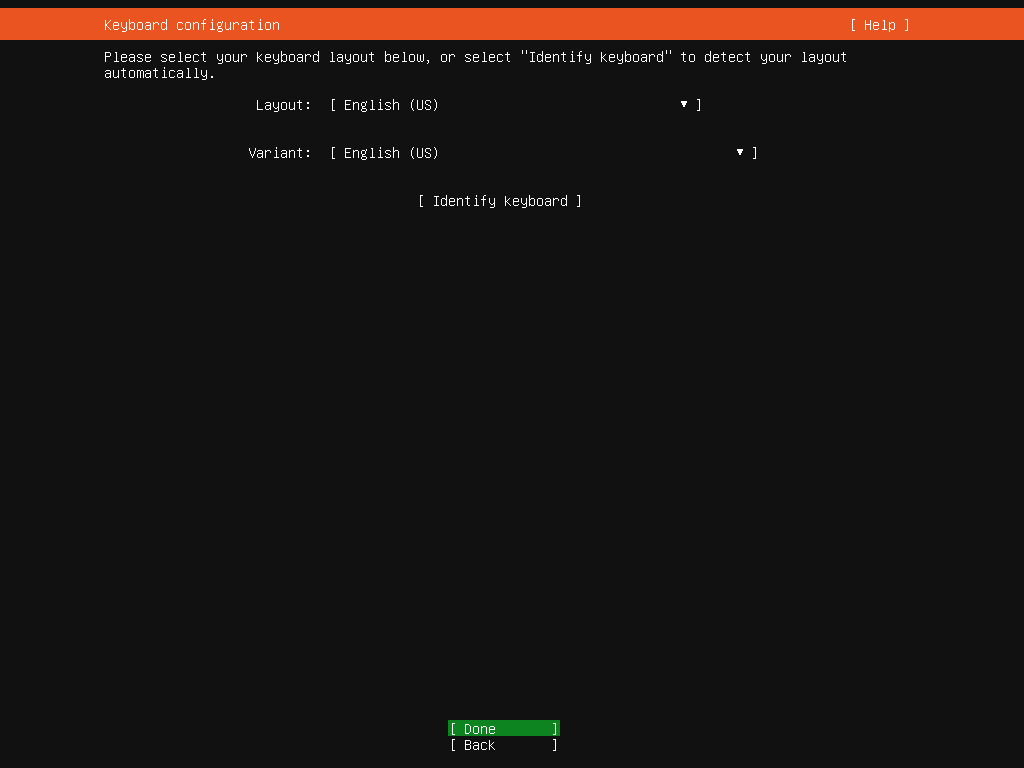
[3] 选择要安装的 Ubuntu 服务器基础。
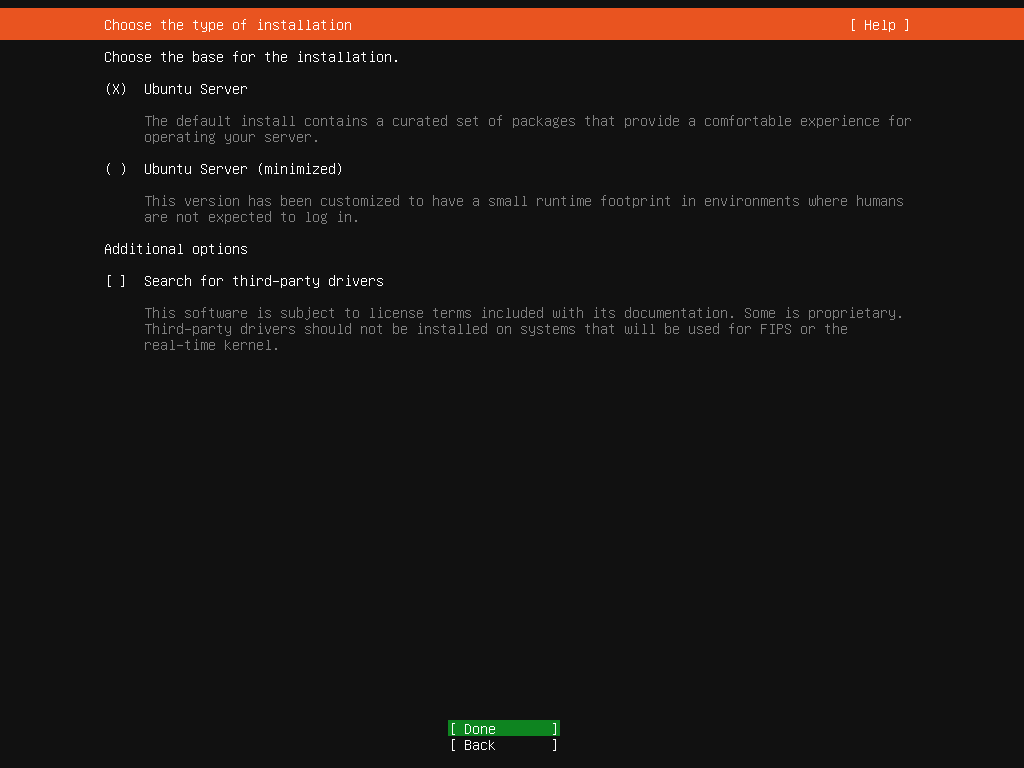
[4] 这是网络配置部分。如果本地网络中存在DHCP服务器,则会自动分配IP地址。
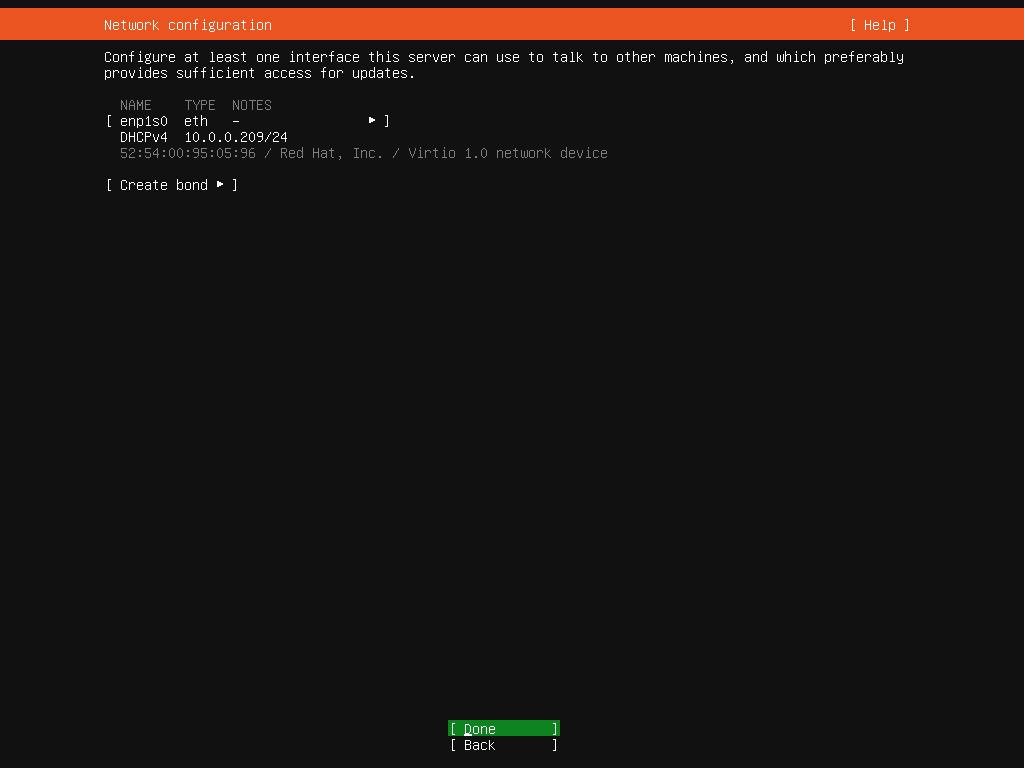
[5] 如果需要,请设置代理服务器 URL。如果不需要,可以继续清空。
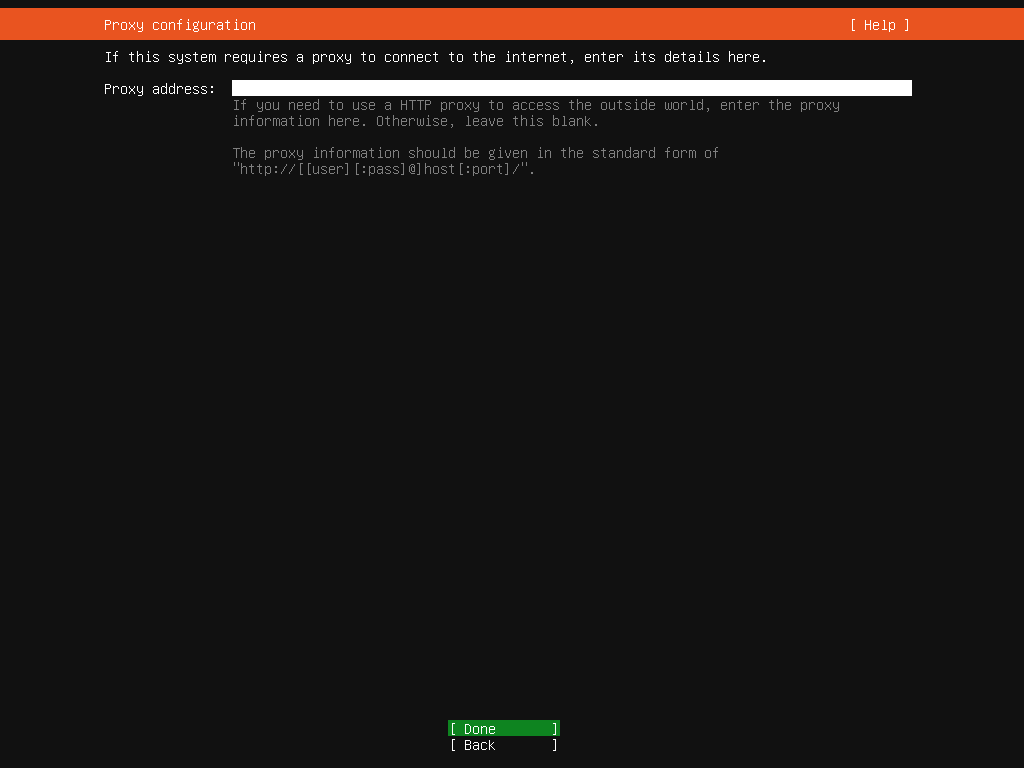
[6] 输入镜像服务器 URL 从中获取包。通常,它通过检测您的位置自动配置最近的一个。
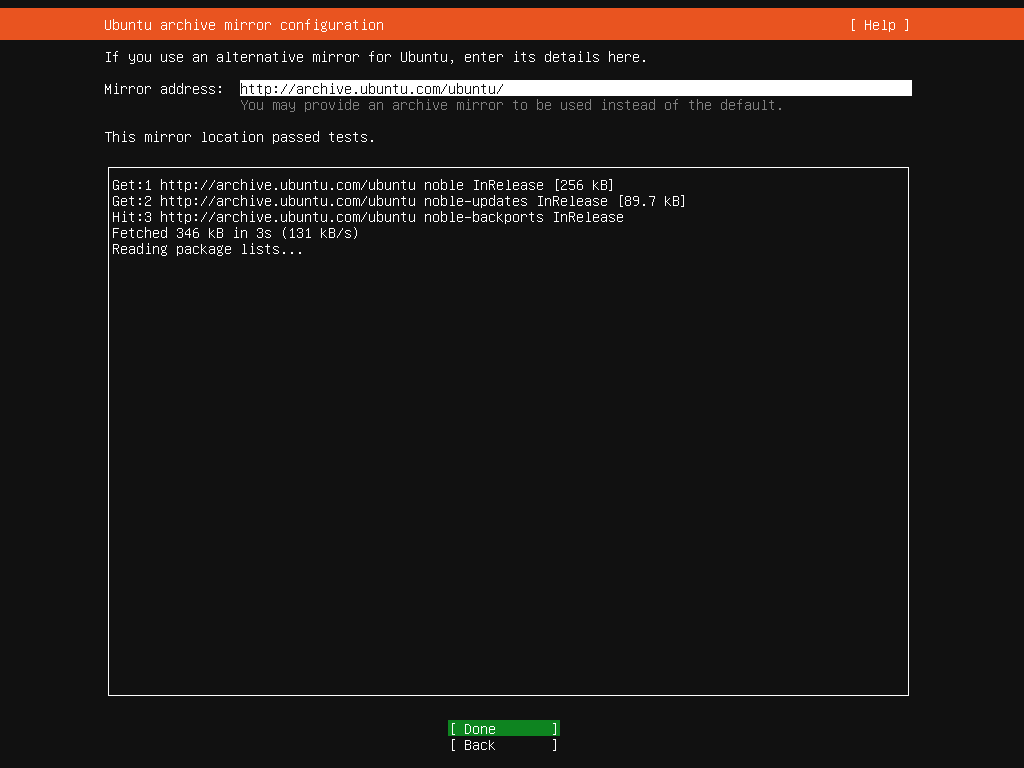
[7] 这是存储配置部分。配置分区布局等。如果您没有特定要求,可以继续使用默认设置。
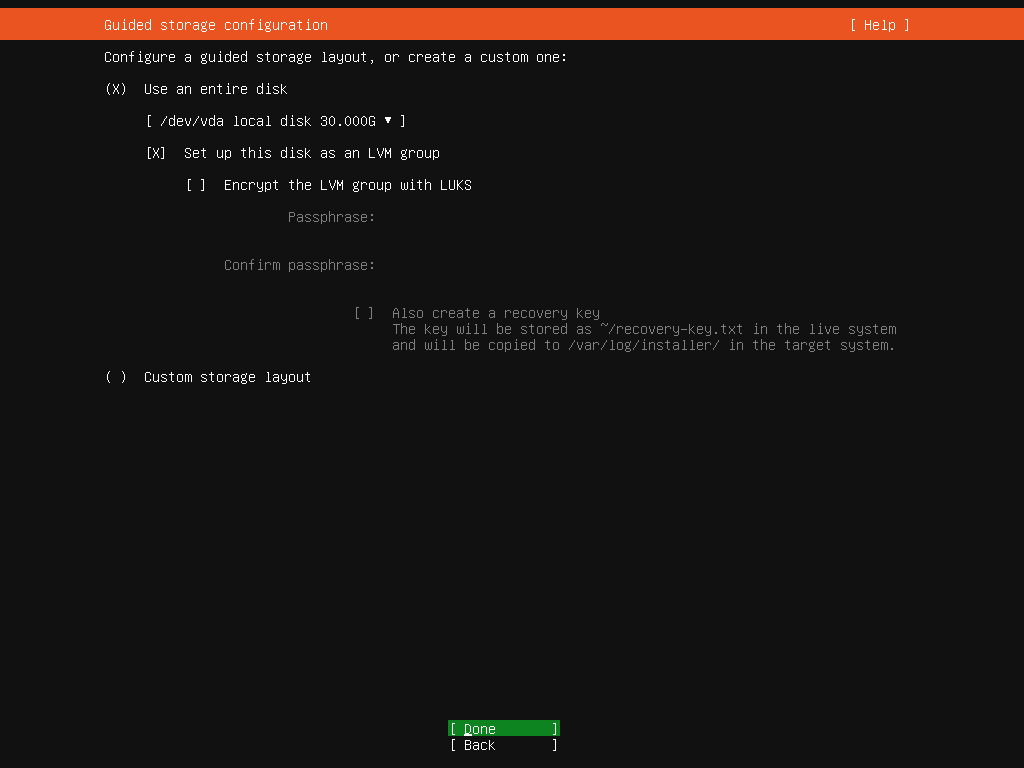
[8] 这是存储配置摘要。如果全部确定,请选择[完成]并继续下一步。

[9] 需要确认,因为所选存储中的现有数据已全部格式化。如果确定,选择 [Continue]。
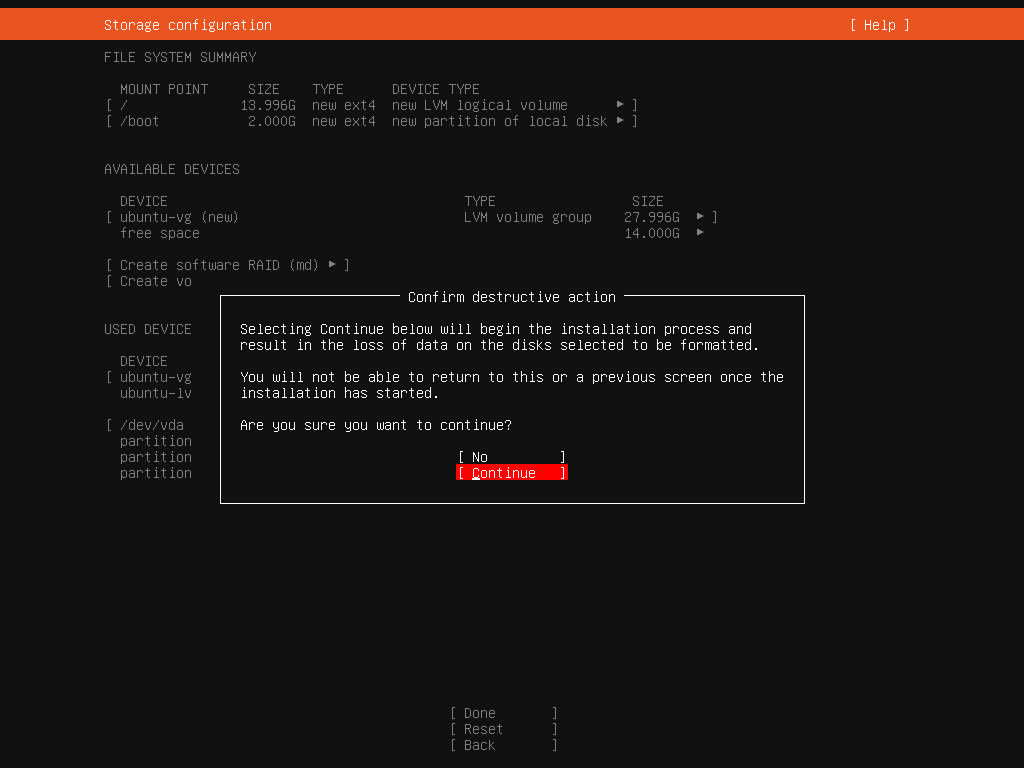
[10] 设置管理用户帐户。输入您喜欢的任何用户名和密码。
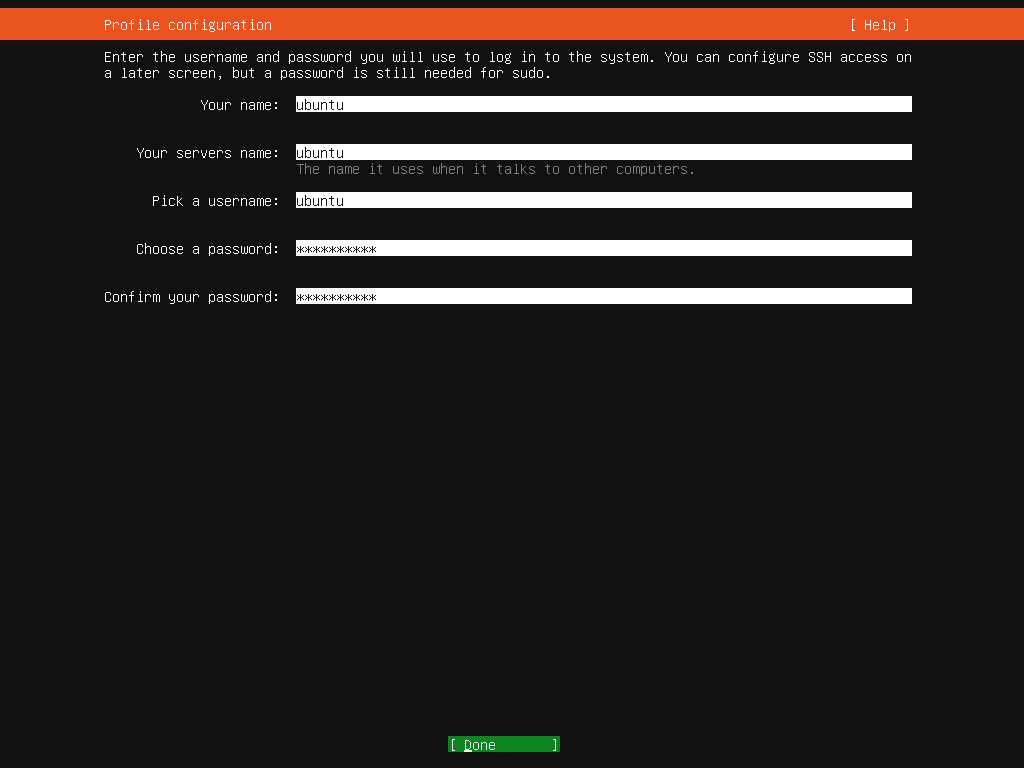
[11] 选择是否升级到 Ubuntu Pro。
Ubuntu Pro 提供 10 年的付费支持。
但是,最多可以免费使用 5 台设备供个人使用。(需要 Ubuntu One 帐户)
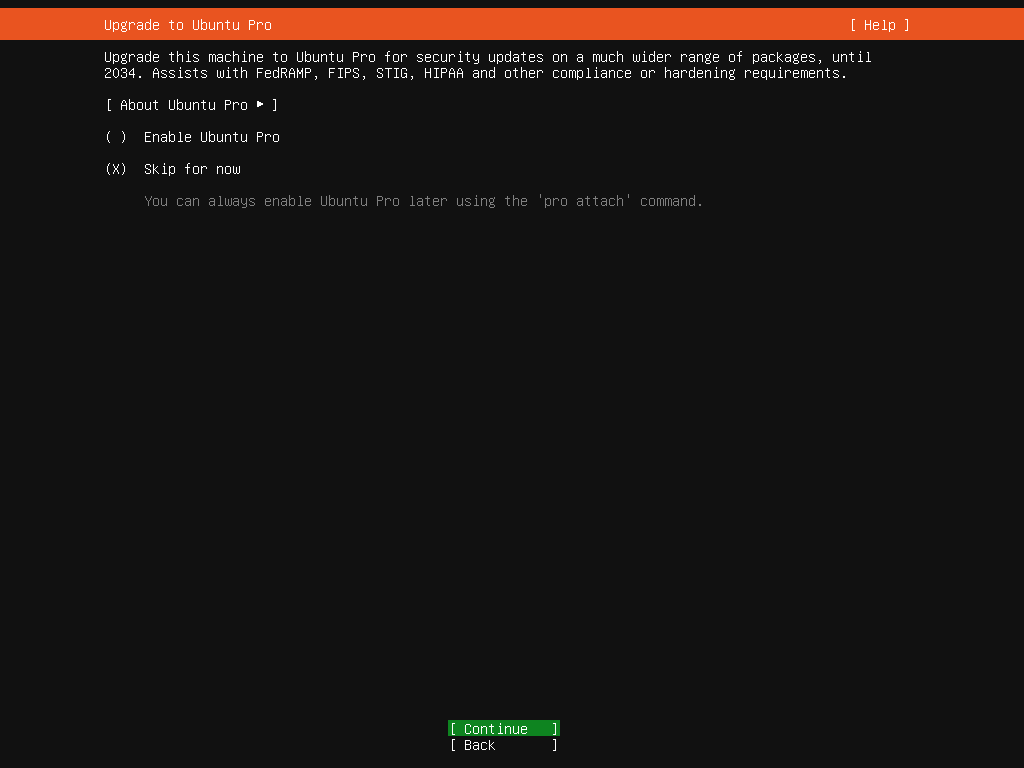
[12] 在此安装过程中选择是否安装 SSH 服务器。

[13] 选择它们经常用于服务器使用的应用程序或软件环境。如果您没有特定要求,可以在不检查任何项目的情况下继续操作。
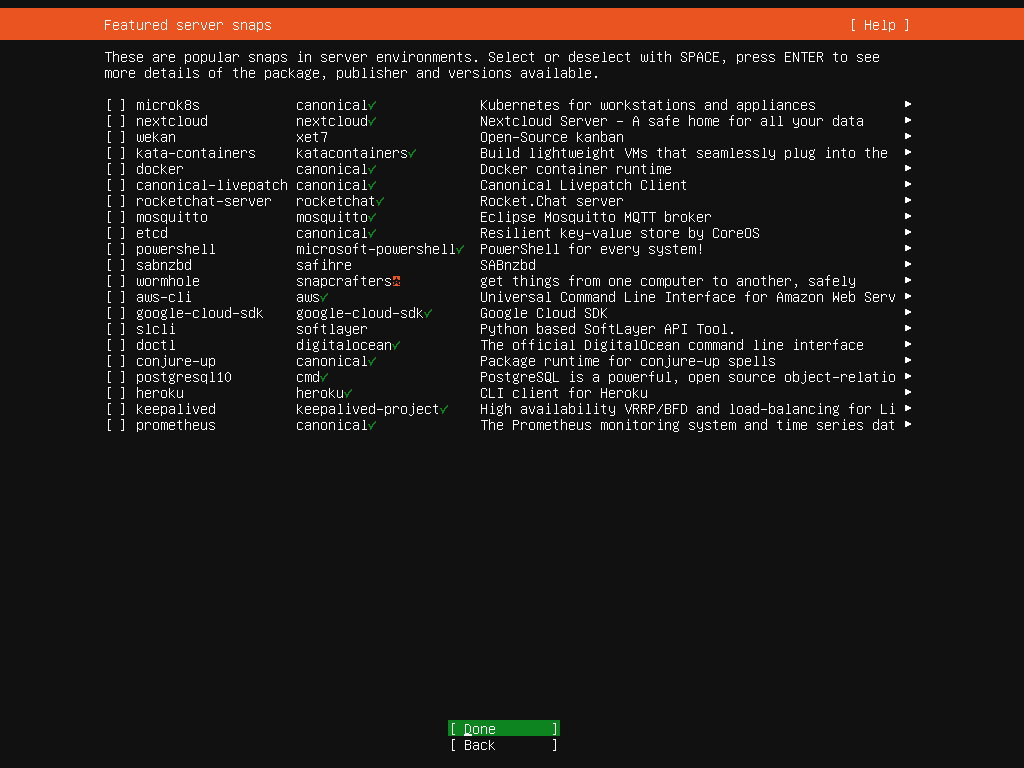
[14] 安装过程完成后,选择 [Reboot Now] 以重新启动计算机。
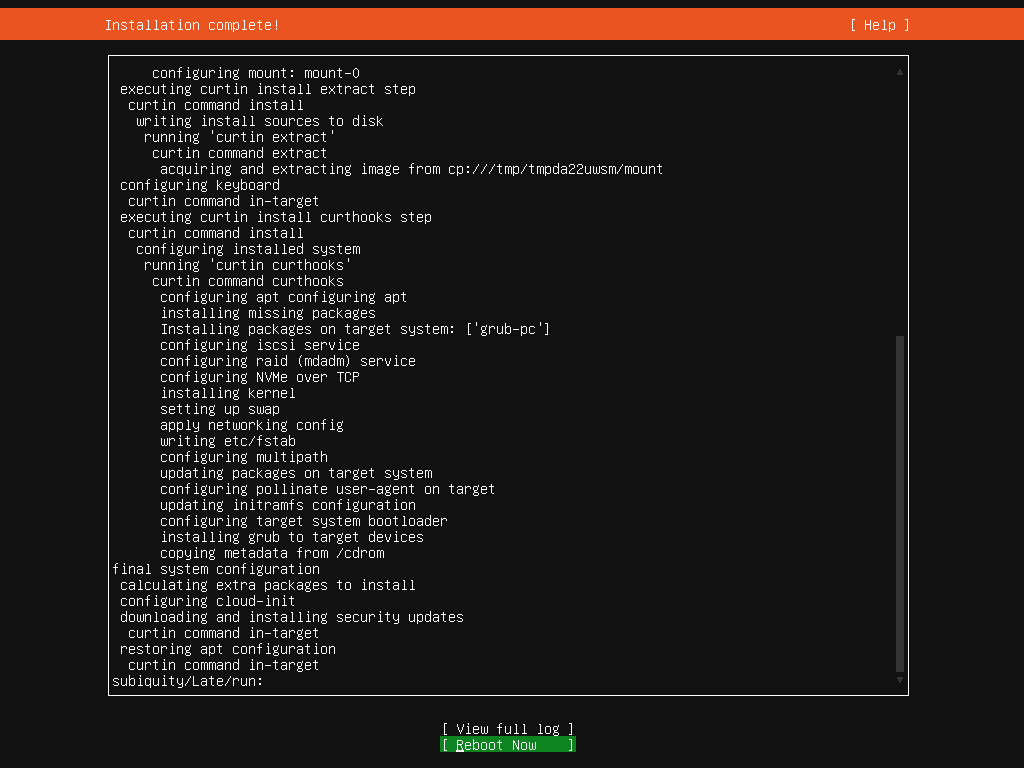
[15] 重新启动计算机后,使用您在安装过程中设置的用户和密码登录。 如果正常登录,则您的 Ubuntu Server 安装成功完成。
Ubuntu 24.04 LTS ubuntu ttyS0
ubuntu login: ubuntu
Password:
Welcome to Ubuntu 24.04 LTS (GNU/Linux 6.8.0-31-generic x86_64)
* Documentation: https://help.ubuntu.com
* Management: https://landscape.canonical.com
* Support: https://ubuntu.com/pro
System information as of Fri Apr 26 01:09:32 UTC 2024
System load: 0.2 Processes: 143
Usage of /: 21.9% of 27.39GB Users logged in: 0
Memory usage: 5% IPv4 address for enp1s0: 10.0.0.213
Swap usage: 0%
Expanded Security Maintenance for Applications is not enabled.
0 updates can be applied immediately.
Enable ESM Apps to receive additional future security updates.
See https://ubuntu.com/esm or run: sudo pro status
The programs included with the Ubuntu system are free software;
the exact distribution terms for each program are described in the
individual files in /usr/share/doc/*/copyright.
Ubuntu comes with ABSOLUTELY NO WARRANTY, to the extent permitted by
applicable law.
To run a command as administrator (user "root"), use "sudo <command>".
See "man sudo_root" for details.
ubuntu@ubuntu:~$